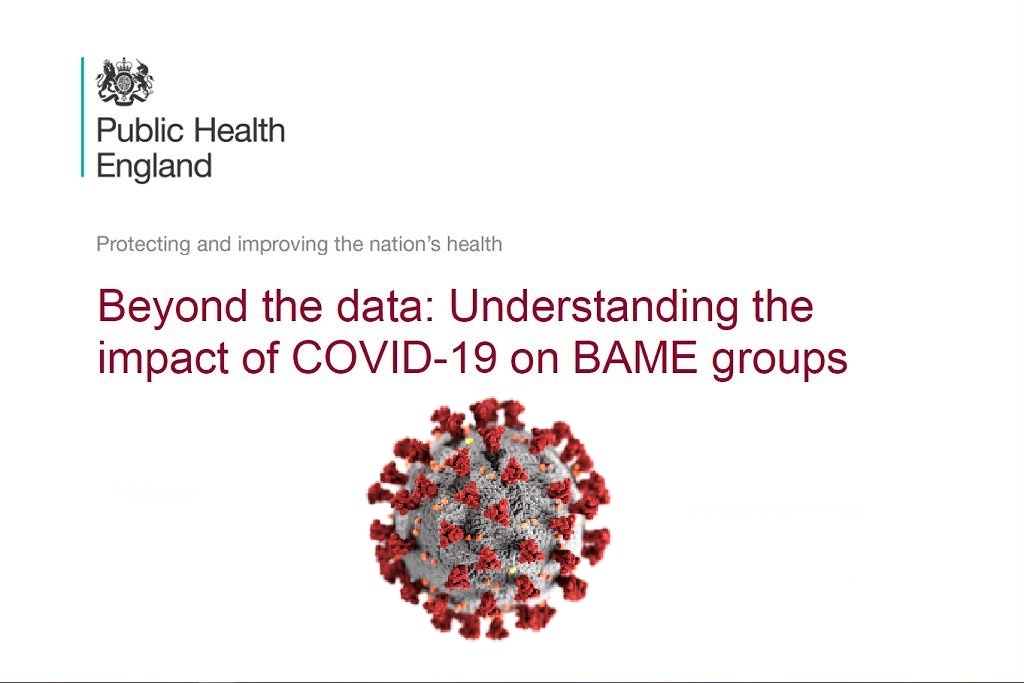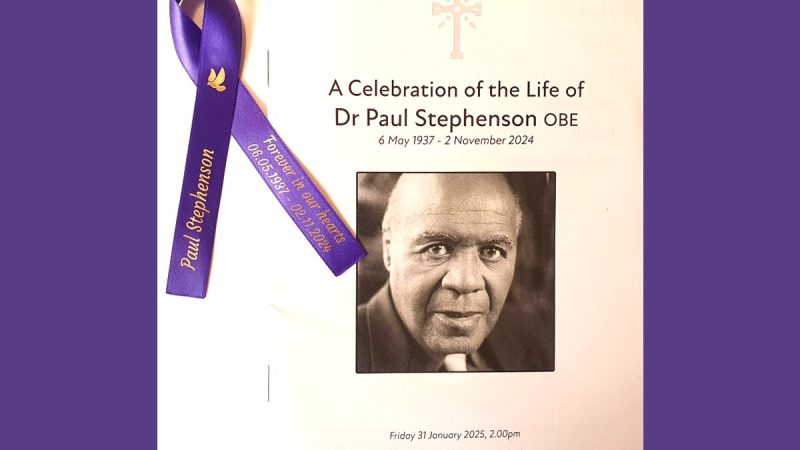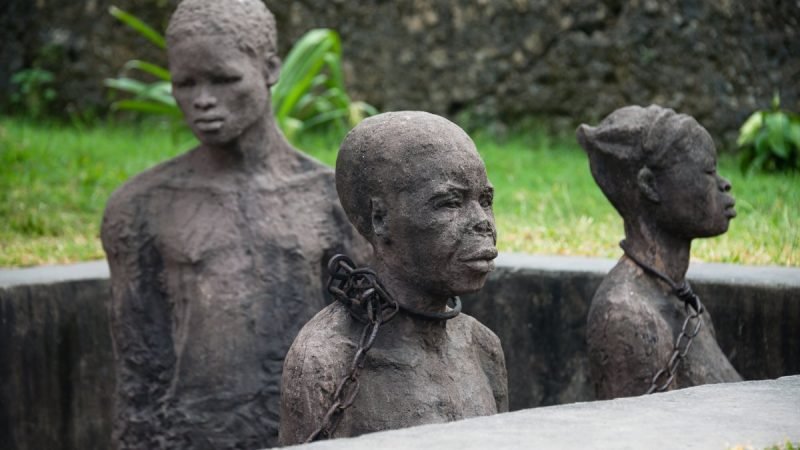COVID-19 BAME Review insights make for ‘humbling reading’

Public Health England (PHE) have today released their review into the impact of COVID-19 on black, Asian and minority ethnic (BAME) communities which makes for 'humbling reading' said Duncan Selbie, Chief Executive of PHE. The review provides a descriptive summary of stakeholder insights into the factors that may be influencing the impact of COVID-19 on BAME communities and strategies for addressing inequalities.
PHE engaged more than 4,000 people who represent the views of Black, Asian and Minority Ethnic (BAME) communities, to gather insights into factors that may be influencing the impact of COVID-19 on these groups and to find potential solutions. This work also included a rapid literature review conducted with the National Institute for Health Research (NIHR).
"The insights make for humbling reading. The clear message from stakeholders was the requirement for tangible actions, provided at scale and pace, with a commitment to address the underlying factors of inequality," said Duncan Selbie in a letter to the Equalities Minister.
The report summarises requests for action, which have been used to inform a number of recommendations, including:
1. Mandate comprehensive and quality ethnicity data collection and recording as part of routine NHS and social care data collection systems, including the mandatory collection of ethnicity data at death certification, and ensure that data are readily available to local health and care partners to inform actions to mitigate the impact of COVID-19 on BAME communities.
2. Support community participatory research, in which researchers and community stakeholders engage as equal partners in all steps of the research process, to understand the social, cultural, structural, economic, religious, and commercial determinants of COVID-19 in BAME communities, and to develop readily implementable and scalable programmes to reduce risk and improve health outcomes.
3. Improve access, experiences and outcomes of NHS, local government and Integrated Care Systems commissioned services by BAME communities including: regular equity audits; use of Health Impact Assessments; integration of equality into quality systems; good representation of black and minority ethnic communities among staff at all levels; sustained workforce development and employment practices; trust-building dialogue with service users.
4. Accelerate the development of culturally competent occupational risk assessment tools that can be employed in a variety of occupational settings and used to reduce the risk of an employee’s exposure to and acquisition of COVID-19, especially for key workers working with a large cross section of the general public or in contact with those infected with COVID-19.
5. Fund, develop and implement culturally competent COVID-19 education and prevention campaigns, working in partnership with local BAME and faith communities to reinforce individual and household risk reduction strategies; rebuild trust with and uptake of routine clinical services; reinforce messages on early identification, testing and diagnosis; and prepare communities to take full advantage of interventions including contact tracing, antibody testing and ultimately vaccine availability.
6. Accelerate efforts to target culturally competent health promotion and disease prevention programmes for non-communicable diseases promoting healthy weight, physical activity, smoking cessation, mental wellbeing and effective management of chronic conditions including diabetes, hypertension and asthma.
7. Ensure that COVID-19 recovery strategies actively reduce inequalities caused by the wider determinants of health to create long term sustainable change. Fully funded, sustained and meaningful approaches to tackling ethnic inequalities must be prioritised.
Click to download a copy of the COVID stakeholder engagement synthesis beyond the data report.




